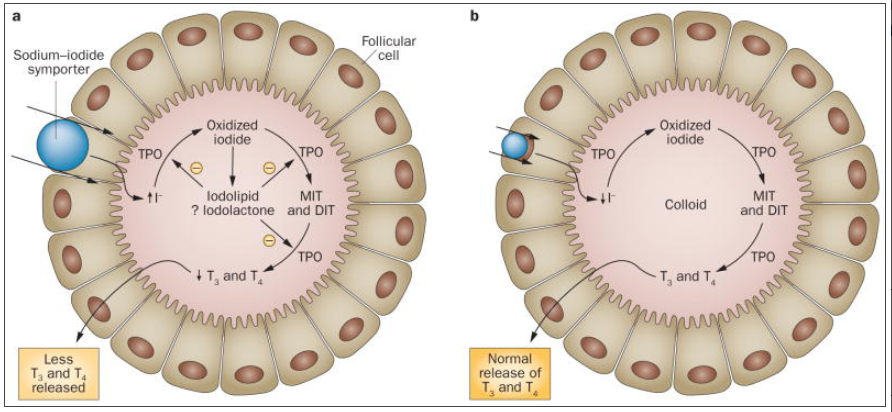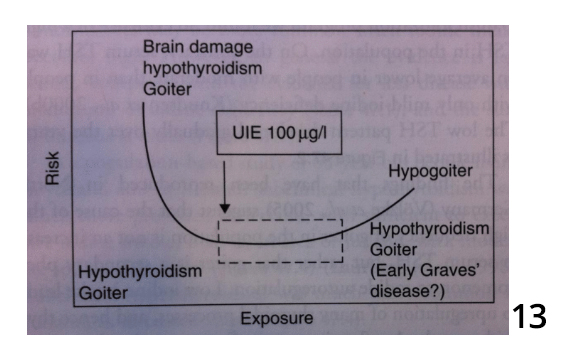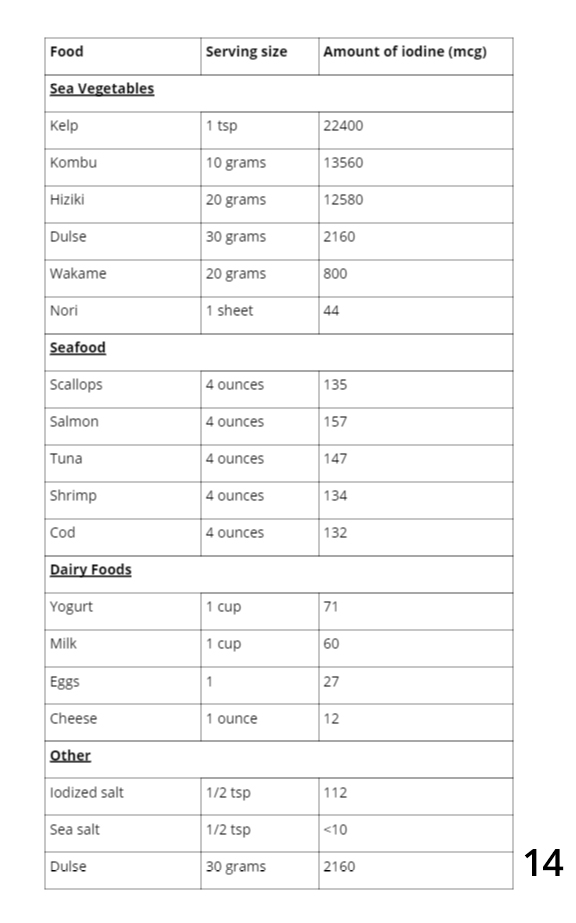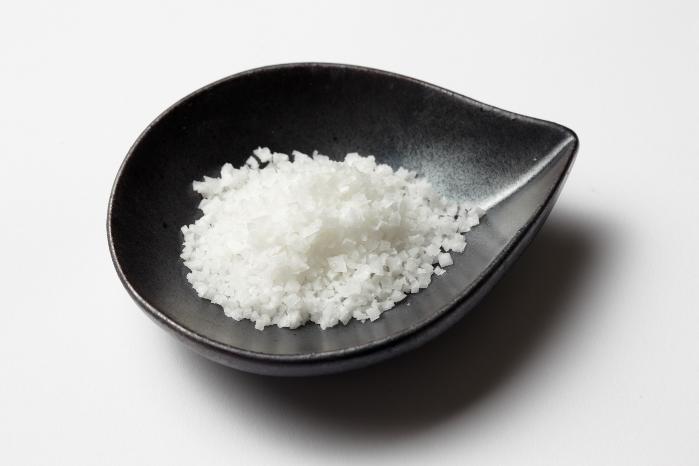How Iodine Is Essential
Iodine is a pretty unique mineral, in the sense that it only serves one known purpose in the body: the formation of thyroid hormones. When you hear about thyroid hormones, like the T4, the T3, the T2, all of those relate back to the thyroglobulin protein a certain number of iodine atoms.
Honestly, that is all that we know about iodine and what it does in our body. If you think about other minerals, like magnesium, selenium, or zinc, that’s going to sound pretty weird. That’s because all these other minerals have anywhere between dozens to hundreds of roles in the body.
Early on in the evolutionary past, humans simply did not have a lot of exposure to iodine (only in trace amounts). This means that we had the ability to pump it, at a great concentration, right inside the gland.
Because of that, we have had the ability to get by on a pretty good range of iodine intake in our system. But what if we have too little? It could get to the point where there is not enough iodine to get the thyroid to work.
It would seem intuitive to think that, if your thyroid needs iodine, and that too little makes it not work, that more iodine should help your thyroid perform better than before. The problem is that more iodine is not always better for the body.
















